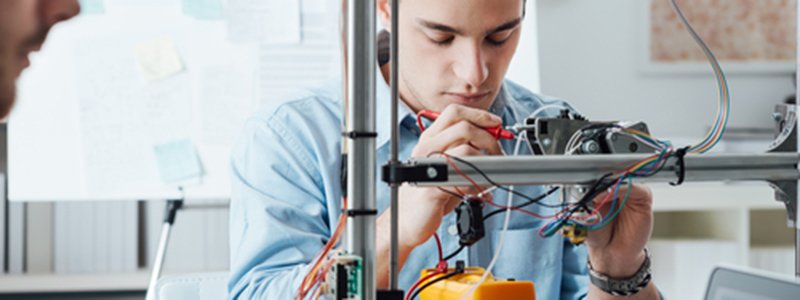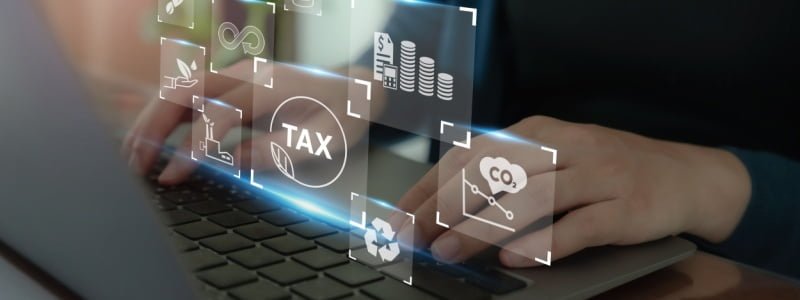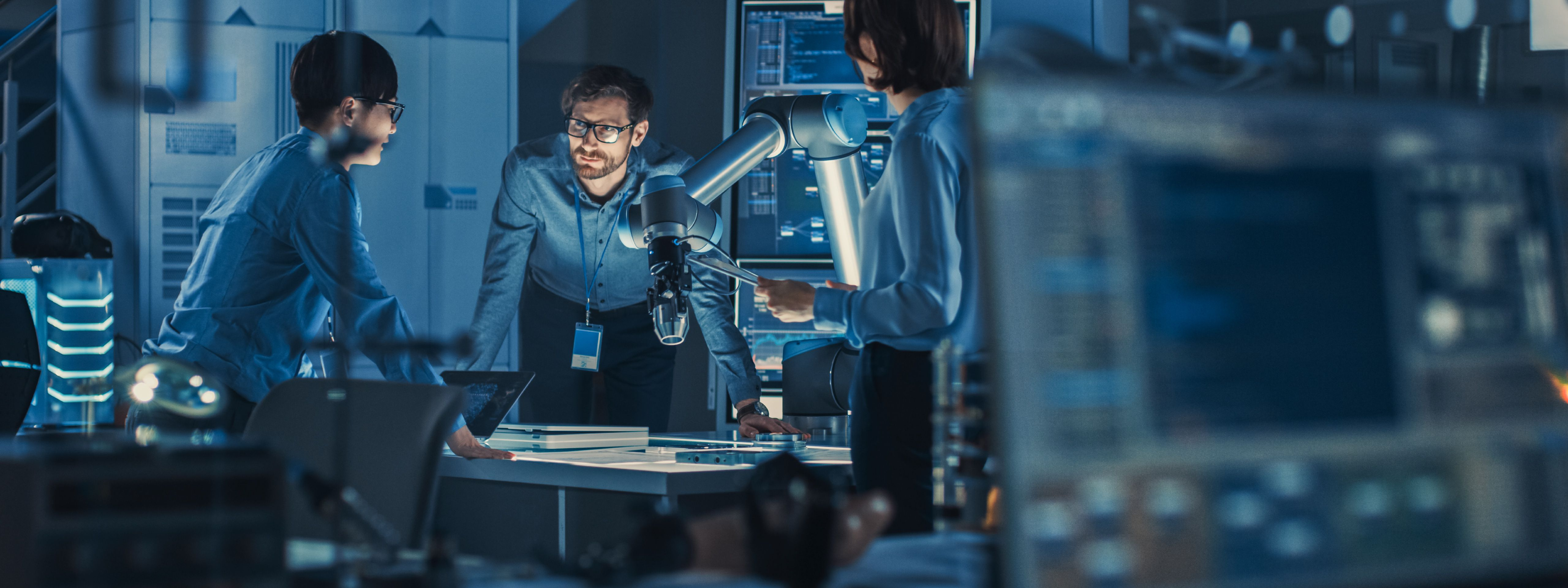Considering applying for the R&D Tax Incentive? We cover off on the 5 biggest questions founders have around the R&D Tax Incentive and the application.
Considering applying for the R&D Tax Incentive?
The Australian government’s flagship operation for funding innovative technology allocates over AUD $3 billion annually. The current R&D Tax Incentive legislation, however, provides a significantly detailed maze of criteria which founders should be aware of before approaching the grant.
We cover the main questions asked by founders below.
Is our technology innovative enough for eligibility?
What AusIndustry considers here is whether your technology is ‘state of the art’ – that is, has it ever been done by the rest of humanity before.
Many tech companies from the surface can seem like copy-cats of each other (i.e. Menulog vs Foodora). What is required is to look beyond the user interface to the back end — the algorithms — holding it all together. Are these unique and are these providing an innovative new technological feature — usually advancing different characteristics like speed, utility, security, intelligence, automation.
Other criteria to look out for is whether the technology being developed had unknown outcomes. That is, could a professional have known what steps are involved to come to the same conclusion or was experimentation required. Always recommend running your eligibility by an seasoned R&D grants expert for additional confidence in your claim.
We pay an Australian based development agency to develop our product, but whilst the product management team are based in Australia, the actual development team are based overseas…
For software development, its location for R&D purposes usually means where the software developer is placed in the world when developing the code. This means that even if an Australian company hires the developer and they are an AUS resident for tax purposes, it would still be considered overseas R&D if they happened to be overseas at the time that they created it.
This is an area that you need to be extra careful of when employing agencies who may employ overseas developers or outsource development overseas since overseas R&D is generally not claimable for software development.
My tech co-founders & I spent a lot of time on developing the project, what can we claim as R&D in respect of this?
As founders holding equity in the company, you would be classed as ‘associates’ under the current legislation. This means that to claim anything, you should be paying wages from the company to yourself with actual cash payments.
Furthermore these wages should all be paid before 30 June if you are to make the claim for that financial year.
This is an important matter which is often overlooked by founders in their first year of operation – don’t fall for the same mistake.
Some of our expenses were paid personally, what can we claim here?
Again, perhaps the second biggest pitfall for new entrepreneurs is to spend thousands on R&D without a corporate structure in place. Whilst it may be super easy to begin testing the waters for your potential business success without a company, you’ll also have next to no platform to make an R&D claim. R&D expenditures in partnerships also don’t count. Expenses could potentially be claimed under a trust structure in very limited circumstances.
What the difference between a project, a core R&D activity and a supporting activity?
- Perhaps a simple example to illustrate the differences:
- Project: The overall product being developed or improved upon – i.e. creating the Tesla Model X.
- Core R&D Activity: Within a project, there are a plenty of different activities taking place – admin, marketing, etc. What we are interested in are the research & development activities leading to innovative new features, i.e. developing the geo-sensitive auto-lock system.
- Supporting Activity: Basically most activities in support of the above core R&D activity, i.e. testing the geo-sensitive auto-lock system.
If you have any questions or want to kick off the grant process properly, book a time with one of our seasoned R&D Tax Incentive team today.
Was this article helpful?
Related Posts
- Software Development & ATO response on Airtasker's R&D Tax Incentive
The ATO has expressed a special interest in reviewing the R&D Tax Incentive claims around…
- R&D Tax Incentives in August with an ‘Advance Finding’
Manage the cash flow responsibly for your tech venture by lodging an Advance Finding this…
- R&D Tax Incentive - Preparing for 30 June
Wanting to optimise your R&D Tax Incentive claim, whilst ticking all the boxes? Read on…
- R&D Tax Incentive FY2022 Restructure
If you are preparing to claim the R&D Tax Incentive, note some of the benefits…

















